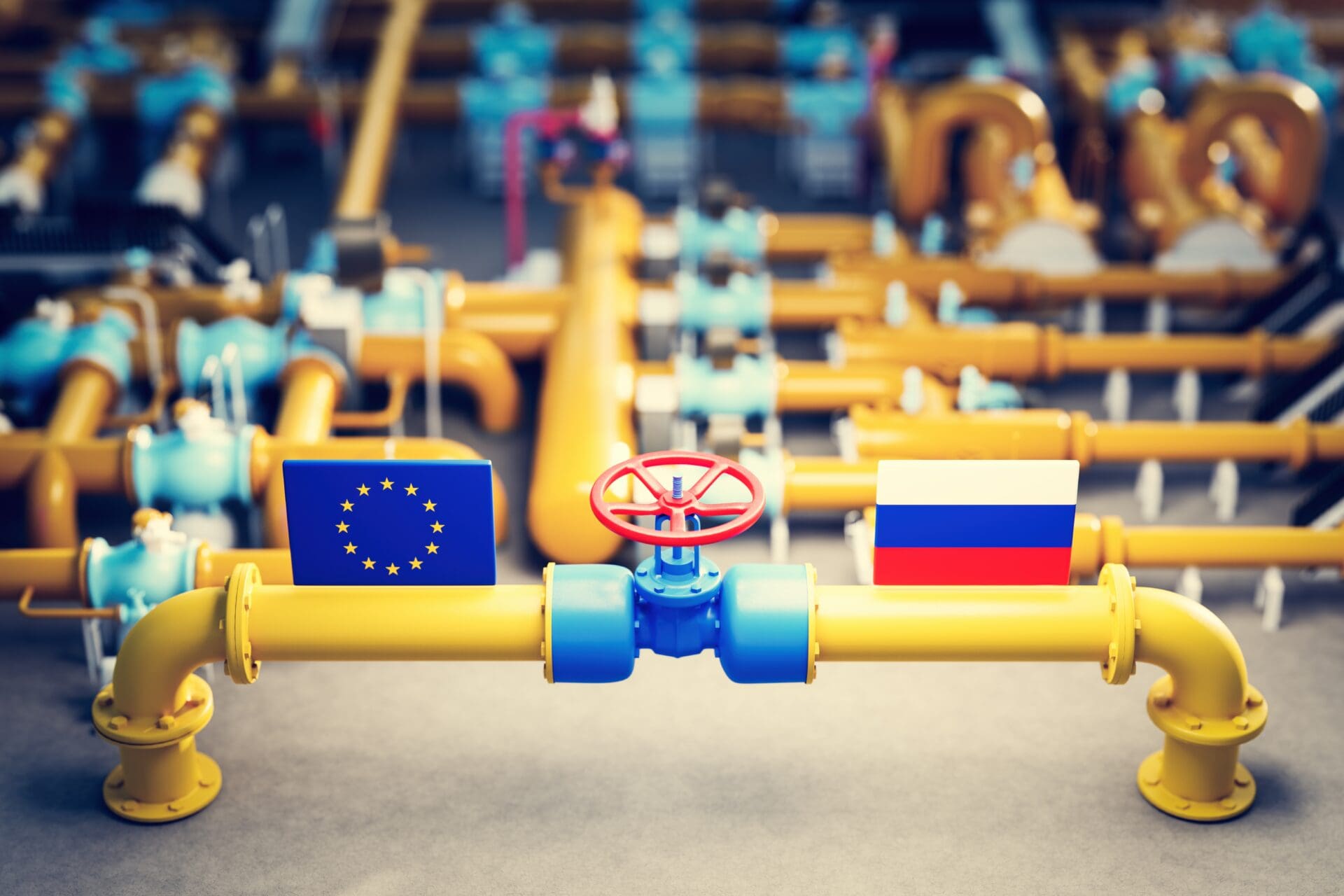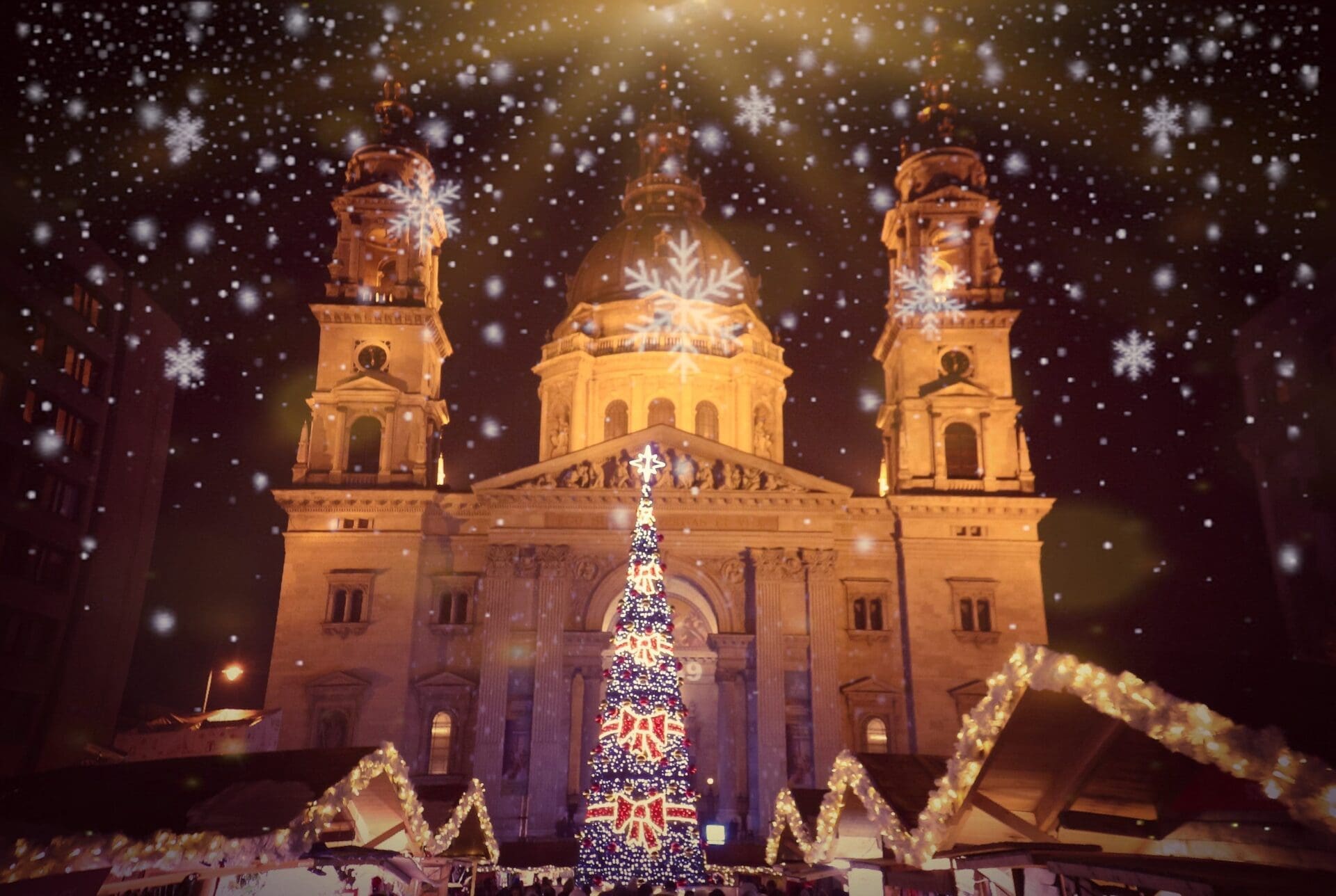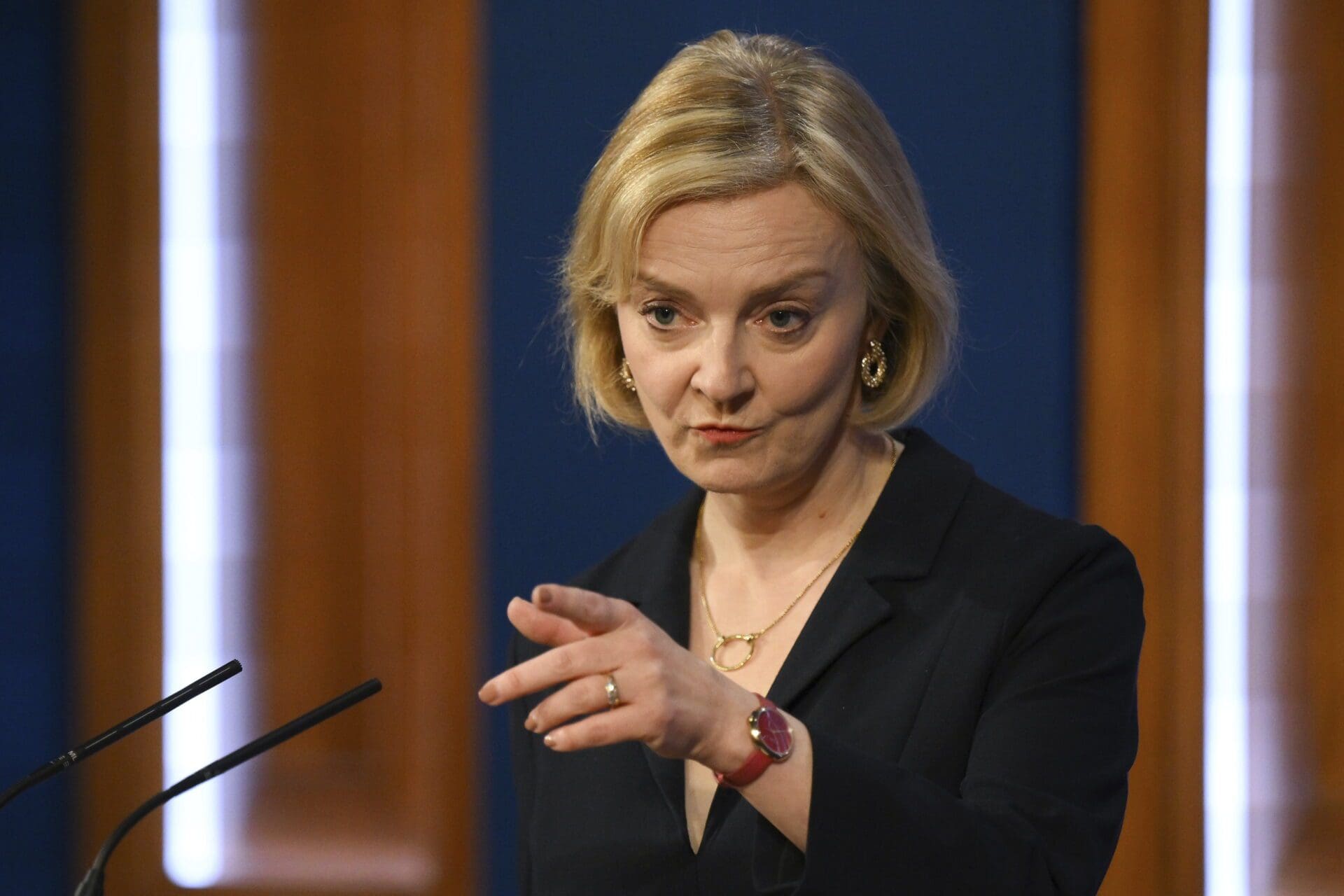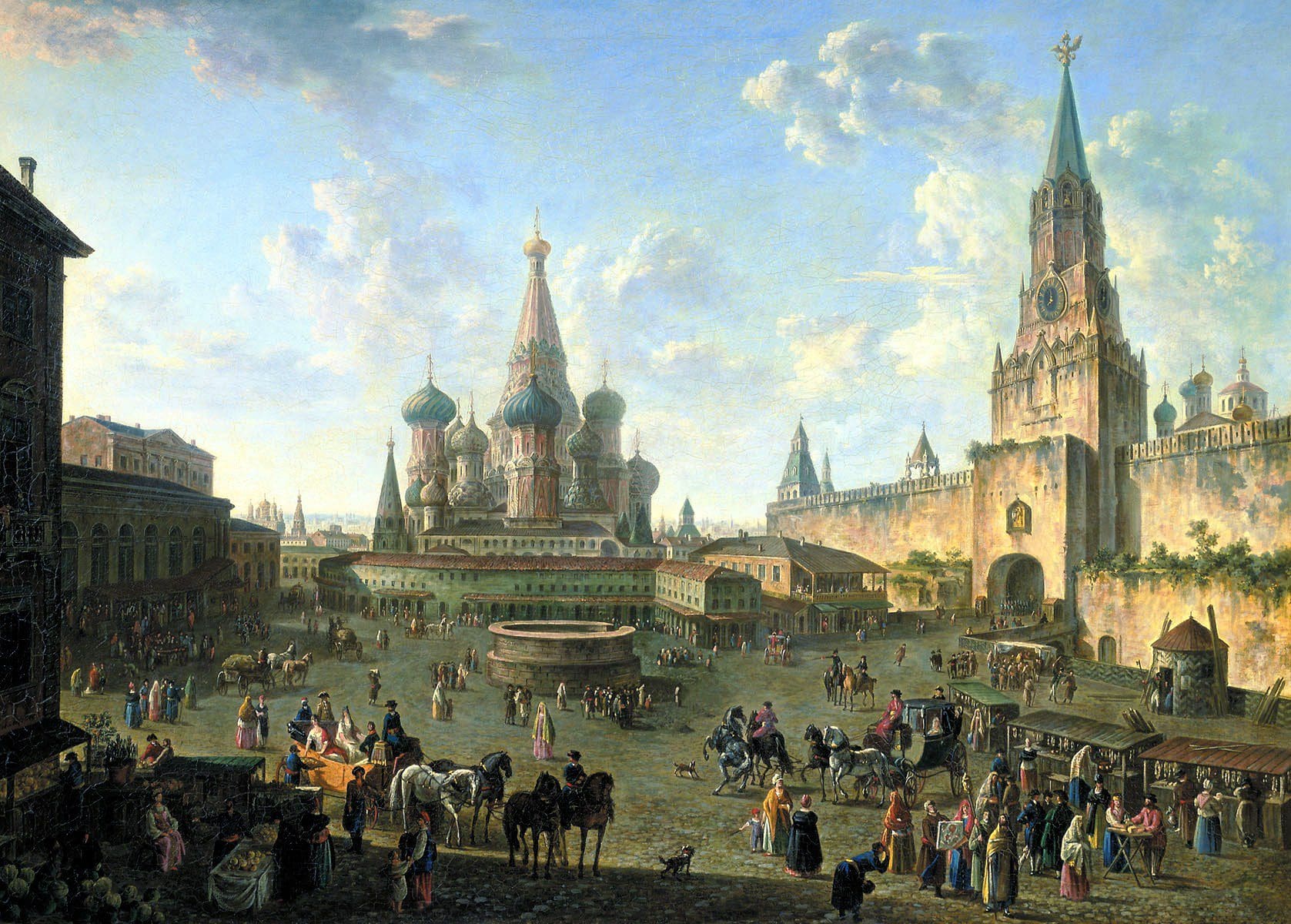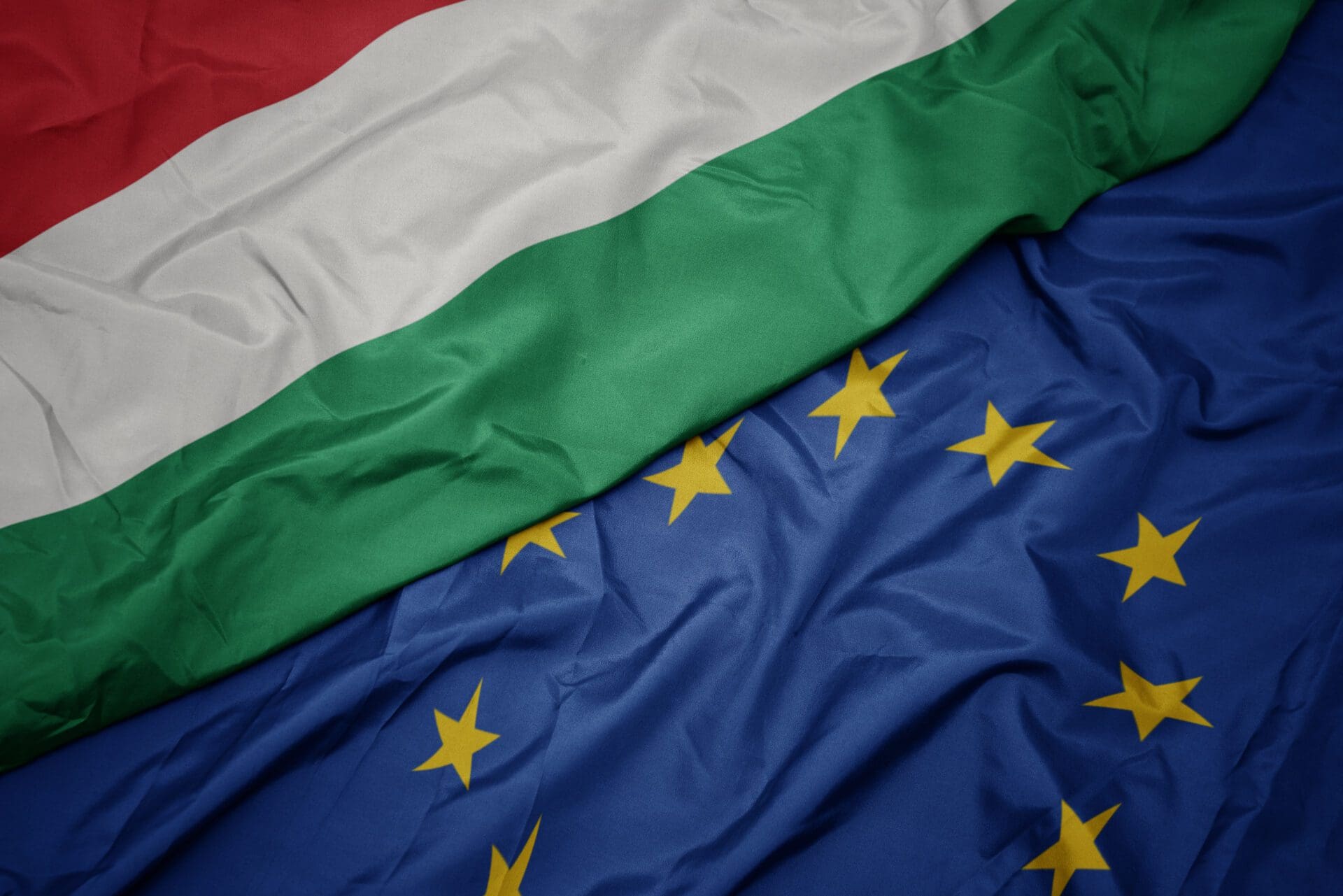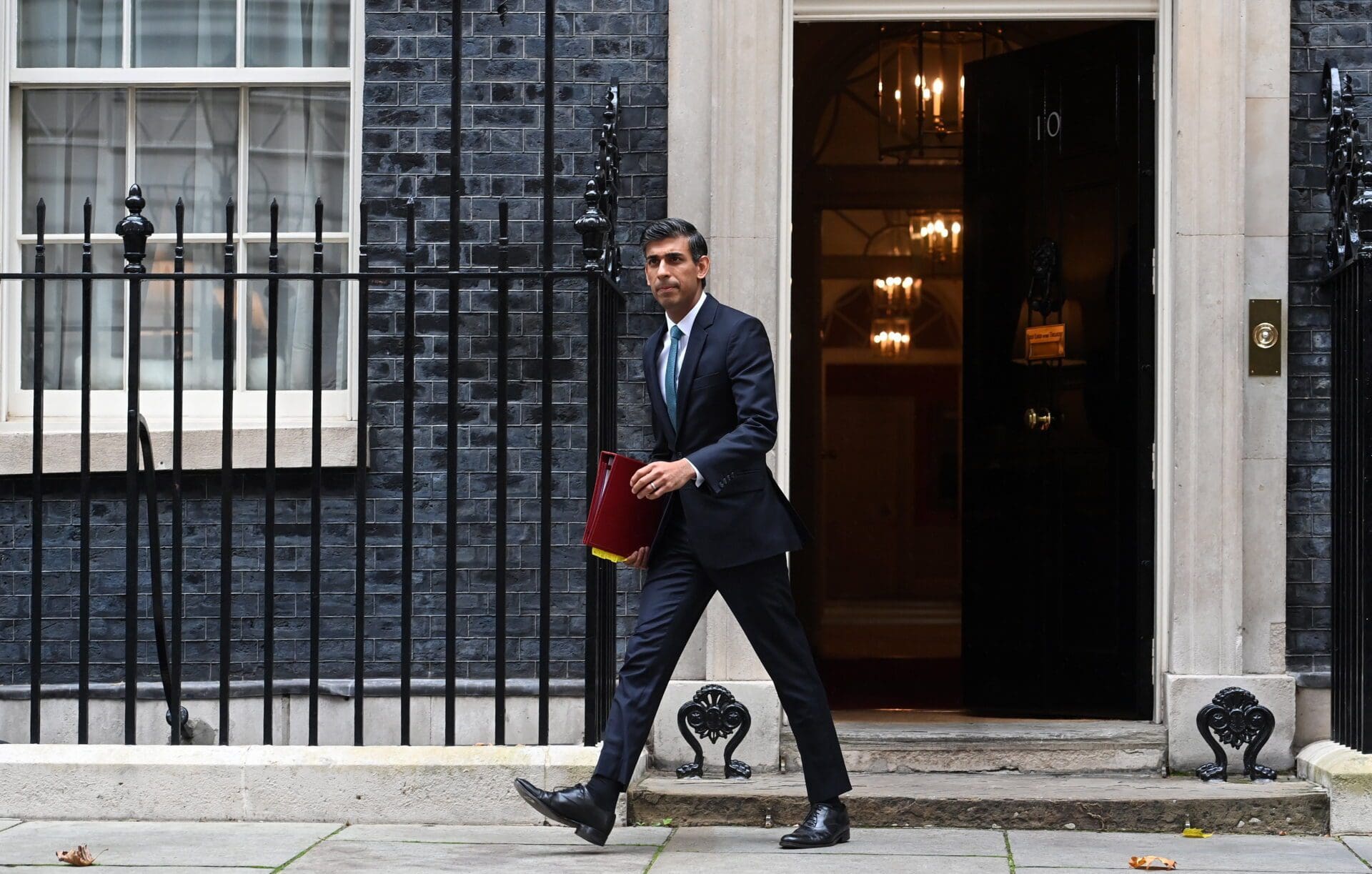
Asian Teams Leave the World Cup with Pride, But the Breakthrough is Still to Come
It is important to mention that Europe, more precisely European football culture and Germany in particular, played a key role in the development and the successes of both the Japanese and the Korean team.

